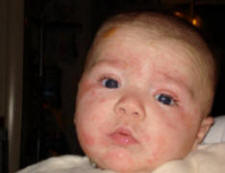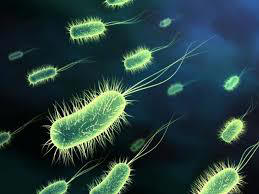Welcome to CIDPUSA.ORG
Atopic Eczema bacteria
Bifidobacterium Pseudocatenulatum Associated With Atopic Eczema
NEW YORK (Reuters Health) Feb 13 - Bifidobacterium pseudocatenulatum, commoNEW YORK (Reuters Health) Feb 13 - Bifidobacterium pseudocatenulatum, commonly found in the fecal microflora of infants, is associated with atopic eczema and is also more prevalent in infants who are not breast fed.
B. pseudocatenulatum may therefore be a biomarker for susceptibility to this atopic disease, Dr. Gerald W. Tannock, of the University of Otago, Dunedin, New Zealand, and colleagues report.erial communities of 37 infants with and 24 infants without eczema. The team matched the infants, who were 3 to 6 months of age, for sex, age, feeding method, weaning, and ethnicity. They also collected information on maternal and infant antibiotic exposure, feeding, gastrointestinal symptoms, and family history of allergy.
No significant differences in overall profiles of fecal bacterial communities were observed between cases and controls. Infants with a family history of allergic disease were significantly more likely to have bifidobacteria
in their feces than those without a family history
An association was observed between non-breast-feeding and the presence of B. pseudocatenulatum.
The increased risk was confirmed in logistic regression analysis
B. pseudocatenulatum was also detected more commonly in children with eczema than in those without eczema , according to the report in the January issue of the Journal of Allergy and Clinical Immunology.
"Clinical measurements did not reveal an association between B. pseudocatenulatum and specific factors of importance in allergic diseases," Dr. Tannock's team notes. "Therefore, we cannot propose an etiologic role for this bacterial species in atopic eczema."
"Nonetheless, the association of these bacteria with an atopic condition fits well with previous observations that we have made in relation to bifidobacteria and allergic diseases of children."
Introduction to
Bifidobacterium

. Protection against enteric pathogens, immune system activation and vitamin production, are some of the the benefical properties, attributed to the members of the holesterol levels and antitumoral activity, have been proposed